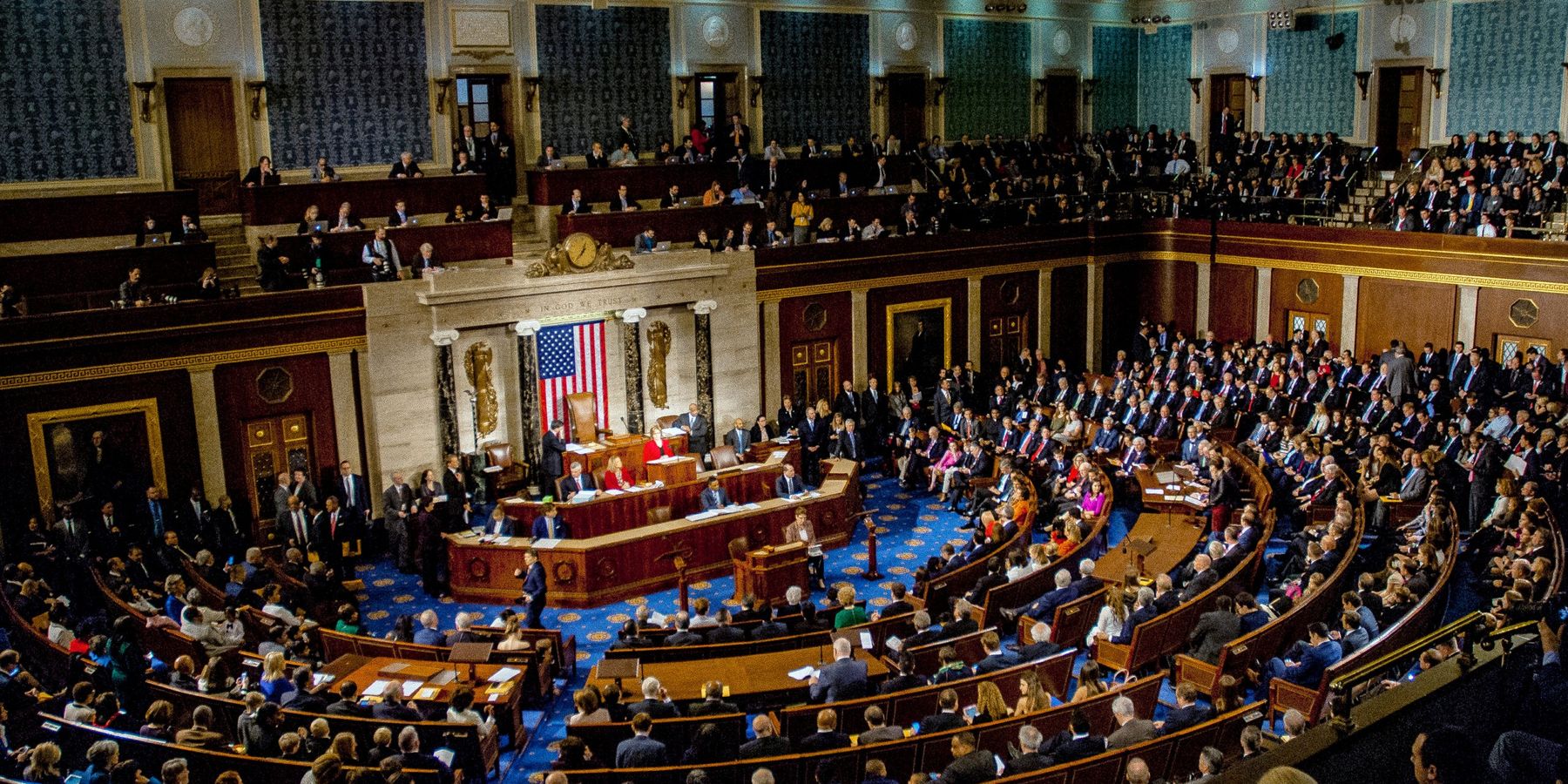In reopening the government Wednesday, lawmakers put more than $850 million toward notoriously wasteful military spending projects — the Sentinel intercontinental ballistic missile (ICBM) nuclear weapons program and the prospective B-21 Raider, a bomber.
As Defense One reported today, funds included in the legislation signed by the president will go towards myriad projects supporting these systems’ development and basing. This includes bomber shelters and hangars for the B-21, and a simulator. About $130 million will fund work on a utility corridor for Sentinel.
But $850 million is a lot of money to put toward projects frequently challenged for their excessive price tags, and questionable pay-off.
Defense manufacturer Northrop Grumman, which makes the B-21, has hyped the bomber as the “future of deterrence.” But slated to cost over $200 billion, that program continues to suffer from ballooning manufacturing costs — even as critics say it offers little more to the Air Force than its predecessor, the B-2 bomber currently in service. Here, the B-21’s purported stealth has been a key selling point, but that technology did not pan out for other endeavors, including the F-22 and F-35 programs, which also used stealth as a selling point.
Even as it runs more than 80% over-budget, arms control experts increasingly say that the bloated Sentinel program, which would replace the Minuteman as the land-based leg of the U.S. nuclear triad, is no longer necessary for nuclear deterrence. They say it may actually harm national security, encouraging an adversarial attack, rather than deter it.
"Lavishing more money on the B-21 and Sentinel programs when they have been plagued with cost overruns rooted in unrealistic planning is precisely the wrong way to use our tax dollars," William Hartung, Senior Research Fellow at the Quincy Institute for Responsible Statecraft, told RS. "The only beneficiaries of this haphazard process are the weapons contractors that are profiting from the development of a new generation of nuclear weapons."
Before the shutdown, lawmakers already padded House and Senate versions of the FY2026 National Defense Authorization Act (NDAA), with $400 million and $2 billion respectively. That bill is currently in conference.















